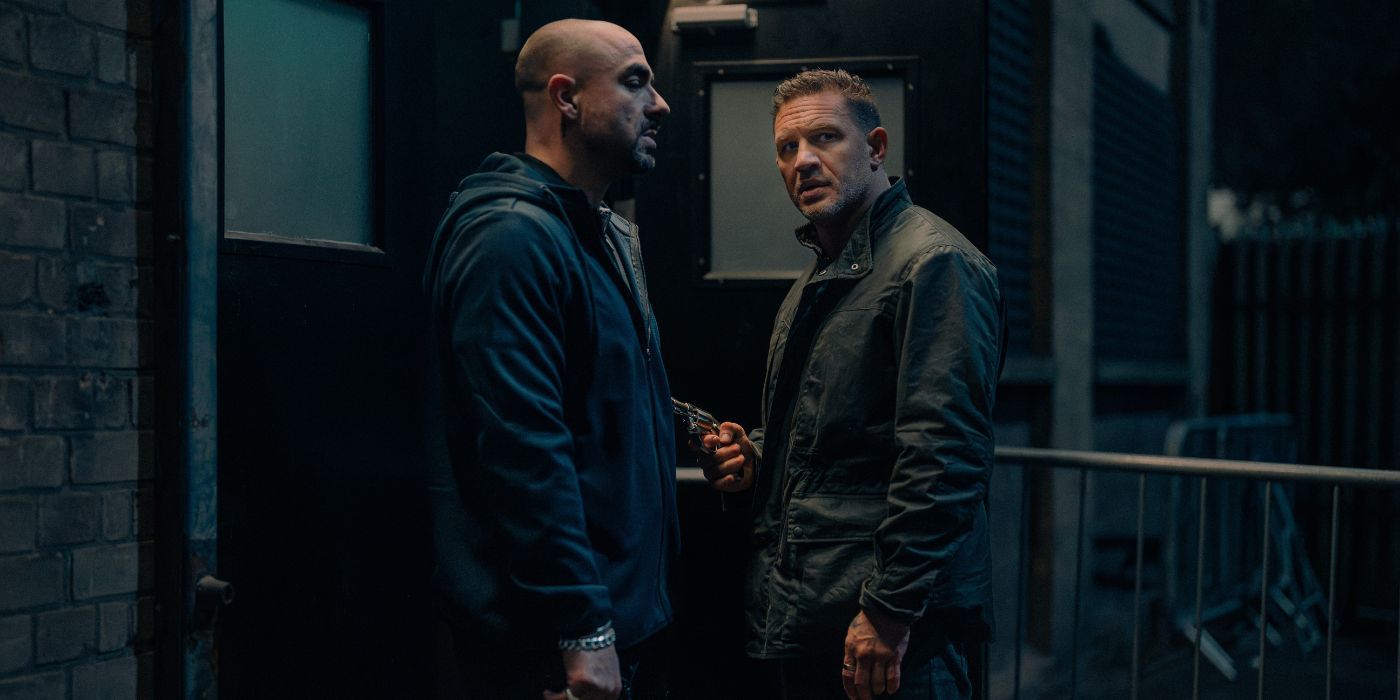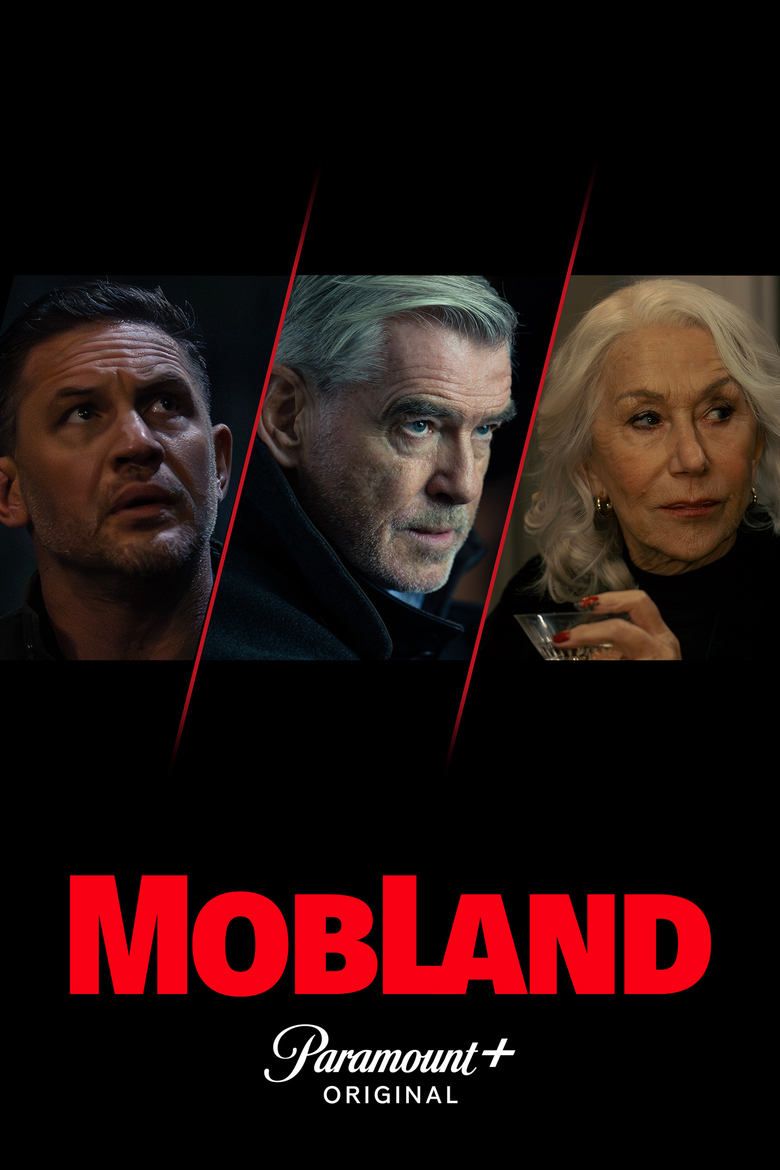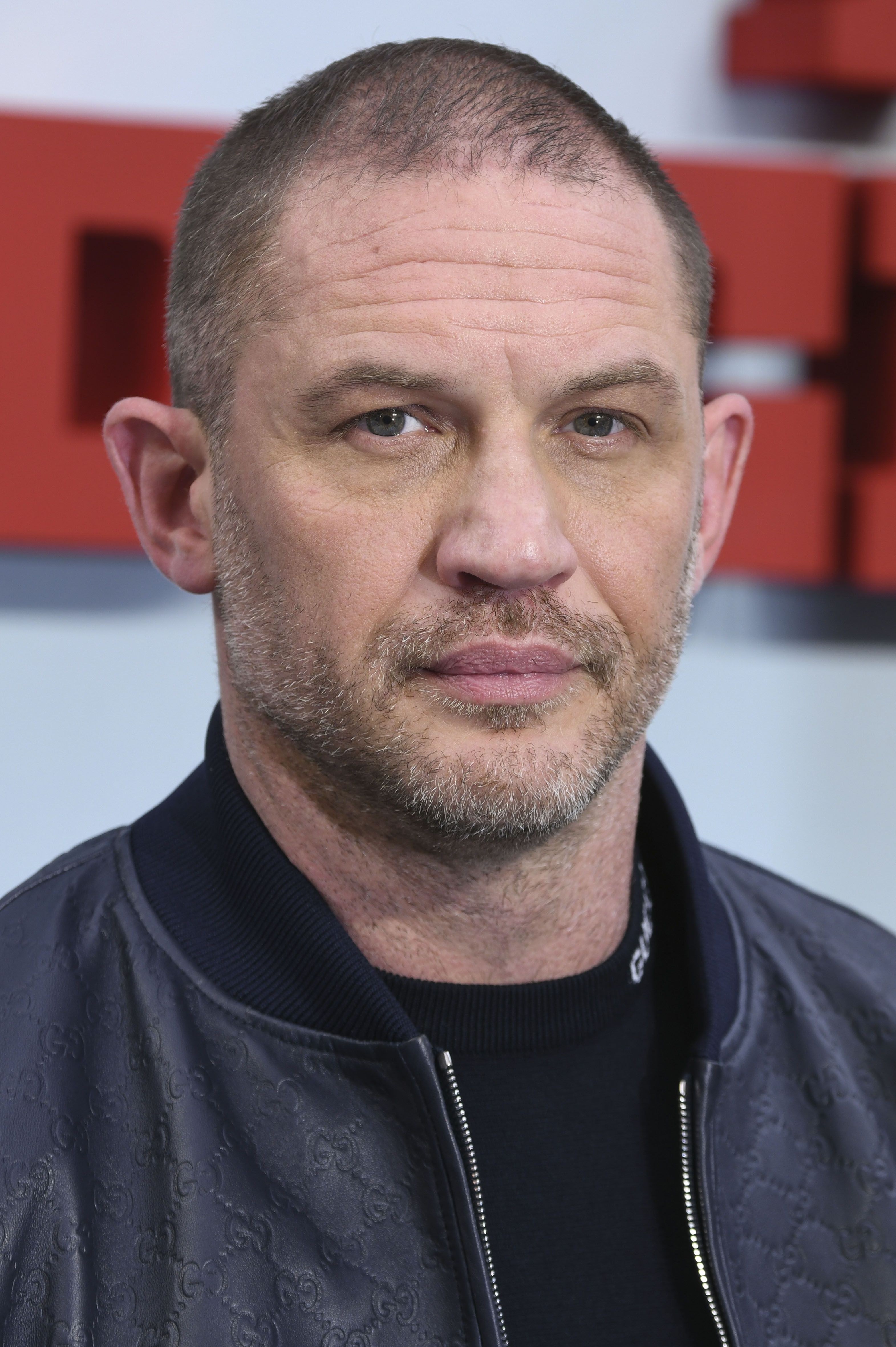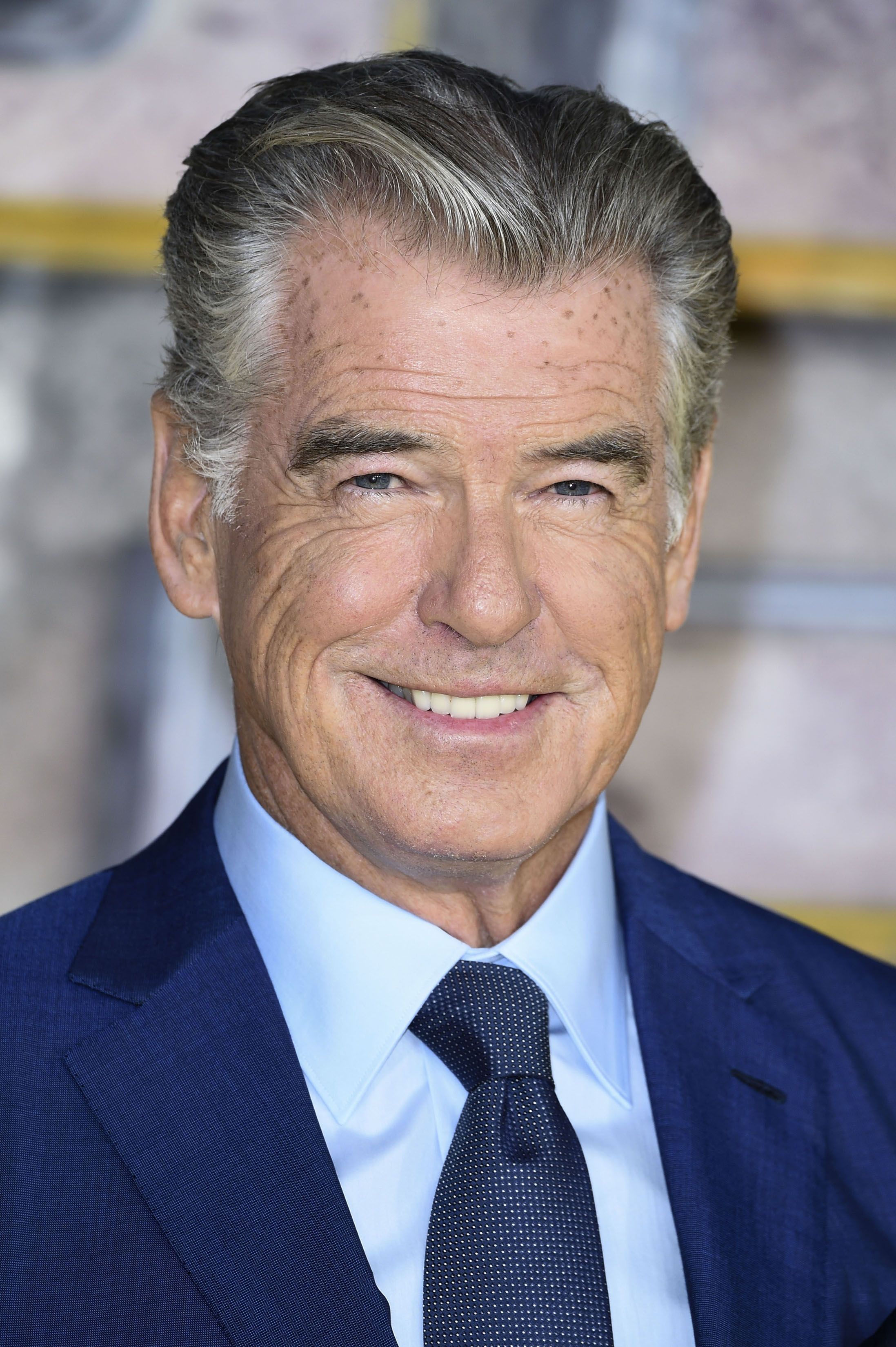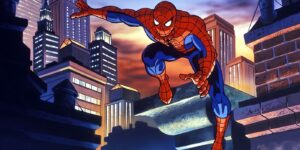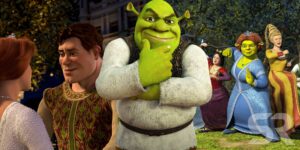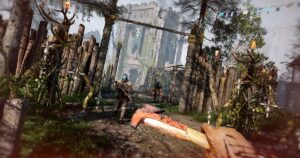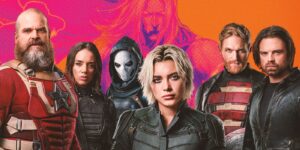‘MobLand’ Is Finally Showing Us a Side of Tom Hardy We Haven’t Seen in a Long Time

MobLand is a gritty crime drama — created by Ronan Bennett and produced and directed by Guy Ritchie — that centers on two opposing crime families, The Harrigans and the Stevensons. The show focuses primarily on the Harrigan crime family and its head, Pierce Brosnan as Conrad, alongside his wife Maeve (Helen Mirren). Brosnan and Mirren have a comfortable chemistry and are both quietly smart and darkly calculating. It has the potential to be an instant classic early in its first season with its strong performances and timeless story. From The Sopranos to Succession to House of the Dragon, audiences are fascinated by dysfunctional families who find their relationships further strained by power. But the heart of MobLand isn’t one of these family figures. It’s the family’s fixer, Harry, portrayed with comfortable aplomb by established chameleon Tom Hardy.
Tom Hardy is no stranger to these kinds of characters. Whether he’s comedically unhinged as Alfie Solomon in Peaky Blinders or leaning into an almost mystical portrayal of real-life criminal Charles Bronson in Bronson, Hardy is exceptional at portraying figures who are othered, existing on the fringes, and operating in a kind of underworld. And after three films in the Venom series – and his role in The Bikeriders – it’s a huge delight to see Hardy return to the British crime world. Eddie Brock is no doubt delightful and relatable, but it’s clear that this is where Hardy thrives.
Tom Hardy’s Performance Pushes ‘MobLand’ Beyond Tropes
Hardy plays Harry Da Souza with a quiet amiability, couched in the jargon and threats befitting of a concierge of criminality. Whether he’s making peace with his family – wife Jan (Joanna Froggatt) and daughter Gina (Teddie Allen) – frustrated by his many absences, or functionally gentle-parenting a mob boss, there’s a quiet conflict under the surface. With soft-spoken and direct instructions, it’s hard to tell if Harry is truly this calm or if the gig requires it of him. The show opens with Harry holding court in an industrial backroom. The heads of two gangs, flanked by their own devotees, argue with each other in overlapping Greek and Turkish as Harry presses them to shake hands and make peace. He steps away from the negotiations to check in with Conrad. Conrad asks, “What does your gut tell you?”
Harry’s value to the Harrigans is more than just muscle. They rely on his instincts. In MobLand’s first five minutes, those instincts are deadly. After Conrad’s consultation, Harry realizes the best option is to take out both groups. He does so, with the mask of mediation held tight. With MobLand’s story placing more pressure – and direct danger – on Harry and his family, it’s only a matter of time before the mask slips more permanently.
Tom Hardy Has an Impressive Physical Presence in ‘MobLand’
In Episode 2, “Jigsaw Puzzle,” Harry heads to a nightclub to find Tommy Stevenson, the son of the Stevenson family’s crime boss. It’s a rare moment where Harry uses force. He presses a gun into the stomach of a security guard before he can protest and leads two of them inside. “Put your hands on the stair rail,” he says as an additional lackey tapes them to it.
“Breathe” by Kasablanca, which samples “Breathe” by the Prodigy, pulses over the club’s sound system as Harry slips on a pair of brass knuckles. The music, in fine action brawl tradition, is heavy, bassy, and beyond worthy of fueling a fight. Hardy doesn’t approach the fight choreography with any sleek stylistic movements or pro-wrestling-esque big sells. He is brutal, efficient, and focused. Where brass knuckles won’t do, he’ll use an attacker’s hammer against them. Once he gets behind the bar, bottles are fair game, too. It’s a cousin of “John Wick mode,” the facade of Harry Da Souza, intermediary life coach, as much as a menacing torturer, takes a backseat and the man becomes a machine. The sheer physicality of it all reminds audiences that Hardy is as menacing as he is magnetic, and you’ll experience both sides of that coin at the same time.
Hardy’s comedic timing serves the crime story as well. By the show’s nature, the comedy never breaks into any real levity – the stakes are too high – but that makes it all the more a crime drama with a different flavor than most American fare. Harry joins Kevin Harrigan (Paddy Considine) in convincing the bartender of the aforementioned nightclub to take the fall for a crime that could escalate the tension between the Harrigans and the Stevensons to an all-out war. In between pretend gun jams, Harry and Kevin step to the side to faux-whisper options they want their target to overhear. This would be straightforward humor in other shows, but here, it’s another layer of the sinister pattern of coercion necessary in the criminal underworld. When MobLand makes you laugh, it’s sobering. Harry’s ability to wield humor is a reminder that his cool, collected demeanor is itself a kind of weapon.
A crucial part of Hardy’s legacy as a performer is his great vocal work. It lends credence to Harry Da Souza too, but in a way viewers might not expect. Hardy’s vocal work in MobLand is very natural. Without the textures or gimmicks required of some of his wilder characters — the most obvious example being Bane in Christopher Nolan‘s The Dark Knight Rises — Hardy can really humanize Harry for audiences. His low tone is authoritative, almost paternal. If you close your eyes, you still understand the authority and competency of this character.
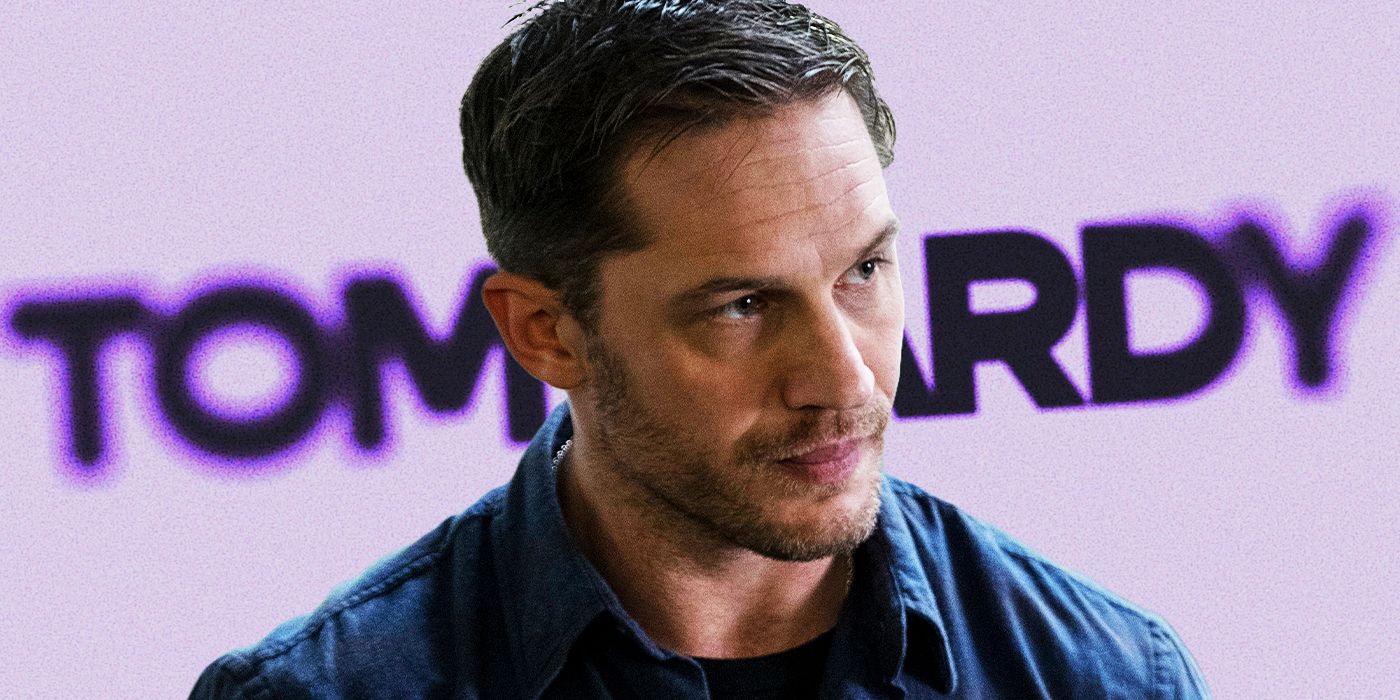
Related
The 10 Best Tom Hardy Performances From the Last 10 Years
“My name is Max. My world is fire. And blood.”
Harry Da Souza Has Even More To Offer
Perhaps the best thing about Hardy’s turn as this criminal mediator are the moments when empathy and understanding help him navigate the job. He’s not above cutting a deal that offers who he needs to come to heel some protection as well. While so far in MobLand it’s hard to know how far Conrad and Maeve’s loyalties go, you can’t help but take Harry at his word. The job of a fixer is rather black and white – protect the Harrigans at all costs – but Harry himself leads with diplomacy first in most cases. You get the feeling that Harry would be a better criminal head than any Harrigan or Stevenson. A performance that has viewers turning those wheels of thought, contradictory as they are, is a damn good one.
For all of his time in a distinctly British crime story space, Hardy’s performances never feel phoned in. No two Hardy-portrayed social outliers ever feel the same. It’s a pleasure to see Hardy carve out a new shady but lovable character. With Episode 3, “Plan B,” giving us our first Harry Da Souza flashback – seemingly at a juvenile detention facility where Harry was on the receiving end of violence – MobLand seems ready to give us plenty of room to get to know Hardy’s latest character.
New episodes of MobLand premiere Sunday on Paramount+ in the U.S.

